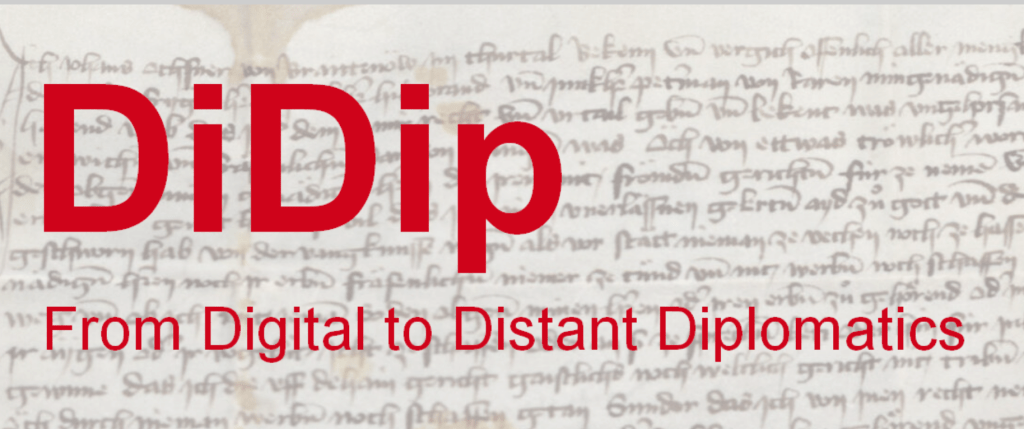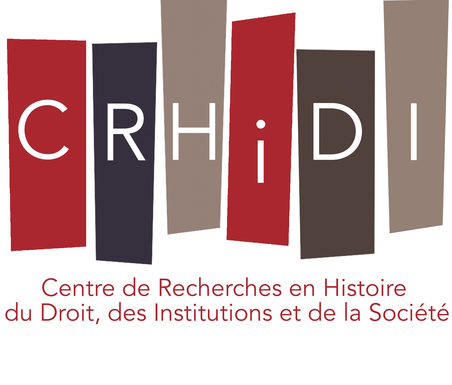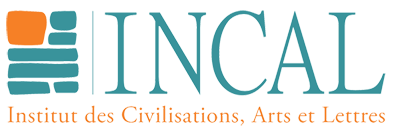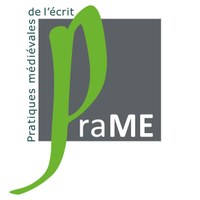As early as the 1970s, diplomatics, i.e. research on mediaeval documents, noticed the benefits of the computer for the indexing and editing of mediaeval charter collections. In the following decades, numerous relevant research projects were initiated that explored and clarified the potential of a connection between digital humanities and the methods of historical auxiliary sciences. They have found expression in the series of conferences on the topic of “Digital Diplomatics” (in particular Munich 2007, Naples 2011 and Paris 2013), in which the digitisation of charters, their publication on the web, and the digital analysis of document corpora in cooperation between archives, diplomatics, historians and computer scientists were discussed.
The ERC Advanced Grant project “From Digital to Distant Diplomatics” takes up this tradition and wants to take stock of the different projects and approaches to the topic of “digital diplomatics” with the conference “Digital Diplomatics 2022”.
The international conference in Graz is intended to offer all scholars interested in this complex of topics the opportunity for discussion and exchange, from questions about digital support in the formal and content analysis of documents, to the planning and implementation of digitisation projects in archives and libraries, to the future direction of this new research field.
Programme :
Wednesday 28.9.:
09:30 Opening (Michael Walter, Dean of the Humanities Faculty; Joachim Reidl, Vice Rector for Research and Career Development; Georg Vogeler )
10:00-11:00 Moderation: Michael Gervers
Serena Ammirati and Paolo Merialdo, Roman medieval documents meet Machine learning: a great opportunity for research and teaching (Abstract) (online)
Jan Burgers and Rik Hoekstra, The Digitale Charterbank Nederland (DCN): a digital portal to 200.000 charters in Dutch archives (Abstract) (online)
11:30-12:30 Moderation: Michael Gervers
Žarko Vujošević, Diplomatarium Serbicum Digitale – Eine Wiederaufnahme zwischen Datenbank und digitaler Edition (Abstract)
Miguel Calleja-Puerta, Modelling notarial charters for diplomatic analysis: the experience of the NotFor project (Abstract) (online)
14:00-15:30 Moderation: Tamás Kovács
Pia Geißel, Chancen und Möglichkeiten computergestützter stilometrischer Verfahren für Urkundentexte (Abstract)
Zsolt Hunyadi, Charter-calendars of the Angevin period (1301-1387) of Hungary: digital images, editions, calendars, toponyms, seals (Abstract)
Filipa Roldão, Joana Serafim and João Paulo Silvestre, The electronic edition of Portuguese municipal charters (12th – 15th centuries): challenges on Diplomatics and Digital Humanities (Abstract)
16:00-17:30 Moderation: Daniel Luger
Juraj Šedivý and Balázs Csiba, Klassische und digitale Editionen der mittelalterlichen Quellen in der Slowakei / Printed and digital editions of mediaeval sources in Slovakia (Abstract)
Steffen Krieb, Distant Diplomatics avant la lettre. The Regesta Imperii as data for Digital Diplomatics (Abstract)
Clemens Radl, Dealing with diplomata: The digital MGH and beyond (Abstract)
18:00 Keynote (Moderation: Georg Vogeler):
Michael Gervers and Gelila Tilahun, Patterns of Change. The DEEDS Database, Topic Modeling and Network Analysis in English Medieval Charters, and the Future of Digital Diplomatics (Abstract) (partially online)
19:30: Reception
Thursday 29.9.
9:00-10:30 Moderation: Anguelos Nicolaou
Jeroen Deploige and Marijke Beersmans, Recent developments in the Diplomata Belgica-project. Case study: NER applied to a corpus of Middle Dutch charters (Abstract)
Amable de Sablon du Corail, Des fonds d’archives aux corpus numériques : l’impact des nouvelles technologies sur les services d’archives en France (Abstract)
Christian Domenig, Quellen zur Geschichte des Alpen-Adria-Raumes. Eine digitale Urkundenedition auf Basis von MediaWiki (Abstract)
11-12:30 Moderation: Steffen Krieb
Mark Bell and John Stell, Qualitative space in Digital Diplomatics (Abstract)
Stefan Bröhl, Charters of the Counts Palatine of the Rhine 1449-1508: A project of cooperative description and presentation in Archivportal-D. (Abstract)
Marlene Ernst and Alina Ostrowski, Big Data Diplomacy. Information extraction on delegated jurisdiction in the Iberian peninsula of the 12th century (Abstract)
14:00-15:30 Poster Session (fingerfood & drinks served from lunchtime on) (Moderation: Nicolas Renet)
16:00-17:30 Moderation: Sébastien Barret
Timo Korkiakangas, Distant Diplomatics: new chances for “Distant Linguistics” on medieval charters? (Abstract)
Joanna Tucker and John Davies, Digitising Scottish charters, 1100–1250: building and using a sustainable digital research tool for charter research (Abstract) (online)
Eveline Leclercq, Chancery, aristocracy and chapter – the assessment of a stylometric approach in studying the Cambrai bishop’s diplomatic landscape (12th c.) (Abstract) (online)
19:30 Social Event
Friday 30.9.
9-10:30 Moderation: Dominique Stutzmann
Adam Zapala, The use of digital tools for the processing of late medieval papal letters (Abstract)
Oliver Schallert, Carsten Becker, and Helmut Schmid, Areal variation in Middle High German: Methodological and quantitative aspects (Abstract)
Francesco Leotta, Image processing and semantic technologies in digital humanities: The NOTAE experience (Abstract) (online)
11-12:30 Moderation: Žarko Vujošević
Julien Théry, APOSCRIPTA. A database and text corpus of papal charters: towards a unified evolutive and collaborative research tool (Abstract)
Peter A. Stokes, Looking forward and looking back on some projects in Digital Diplomatics (Abstract)
Nicole Bergk-Pinto, Jacqueline Schindler and Niklas Tscherne, BeCoRe – Between Composition and Reception (Abstract)
14:00-15:30 Short Paper Session (Moderation: Peter A. Stokes)
Torsten Hiltmann and Philipp Schneider, Charters in Context. Integrating the metadata of medieval and early modern heraldic charters with those of other historical sources (Abstract)
Marguerite Dallas, Documents et analyses linguistiques de la Galloromania médiévale (GallRom) – a new potential for interpretive research (Abstract) (online)
John McEwan, From archives to archaeology via machine learning: exploring the history of sealing practices in the British Isles (Abstract)
Bence Peterfi and Krisztina Arany, “In search of lost time”: The databases of the Hungarian National Archives (Abstract) (partially online)
16:00-17:00 Moderation Georg Vogeler
Tobias Hodel, Combining Automatic Text Recognition with Digital Paleography: New trajectories for Digital Diplomatics (Abstract) (online)
Ádám Novák and Sándor Ónadi, Database of diplomatic sources and 3D scanning of wax seals – Observations (Abstract)
Informations pratiques :
Date: September, 28th-30th, 2022
Location: Hörsaal: 15.06, ReSoWi (Universitätsstraße 15, Bauteil F, EG) 8010 Graz https://www.google.at/maps/@47.0779468,15.4510632,19z/data=!5m1!1e4
Registration: for participation in presence please register via mail to didip@uni-graz.at. If you want to participate online, please let us know. We will provide you with a link to the video conference system.
Source : DiDip








Vous devez être connecté pour poster un commentaire.